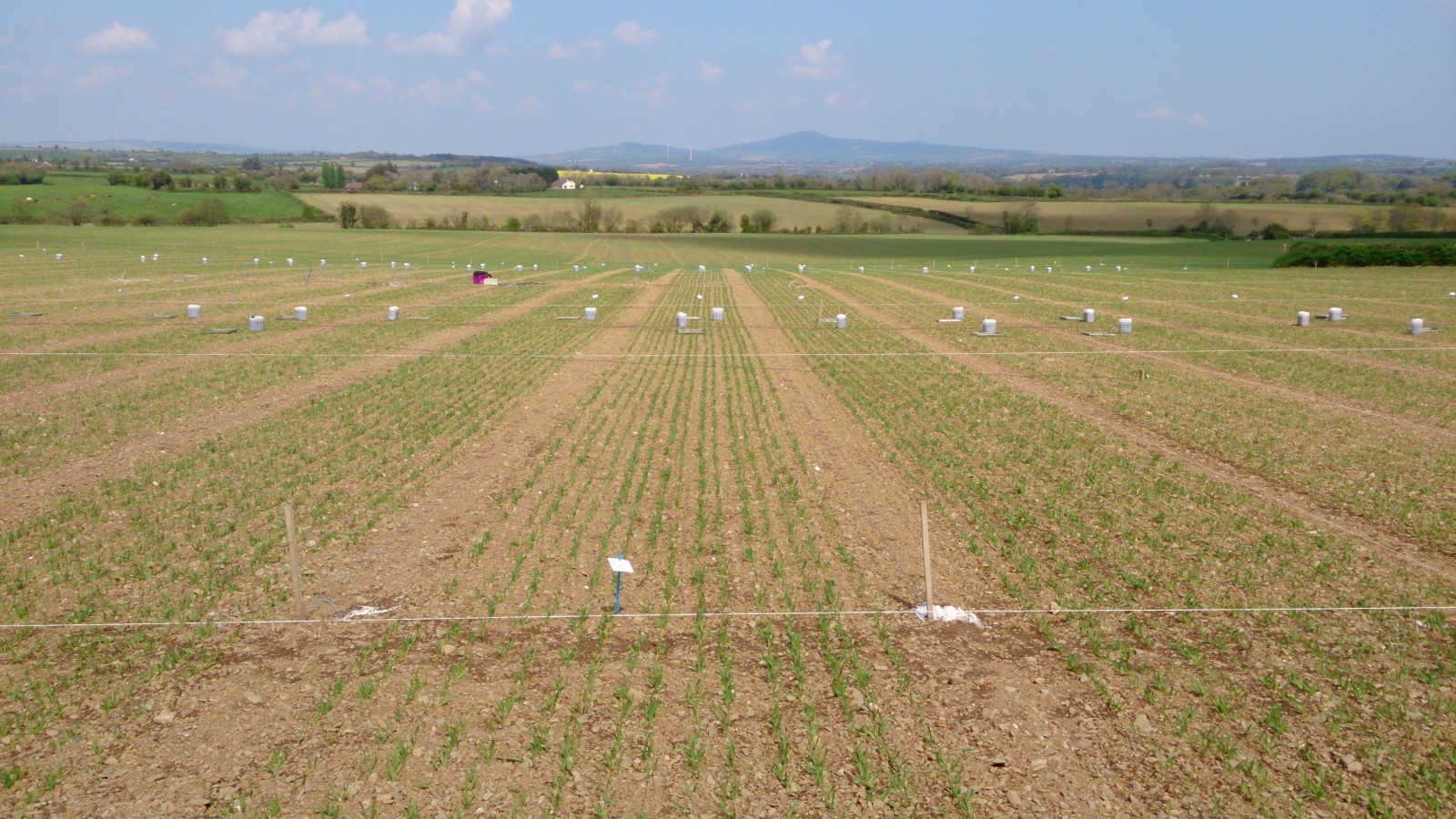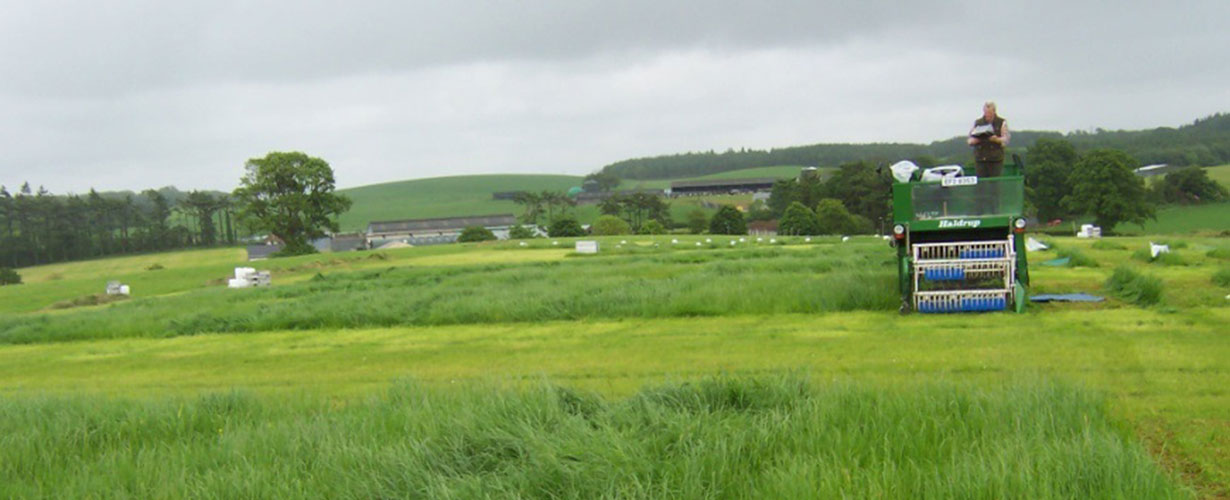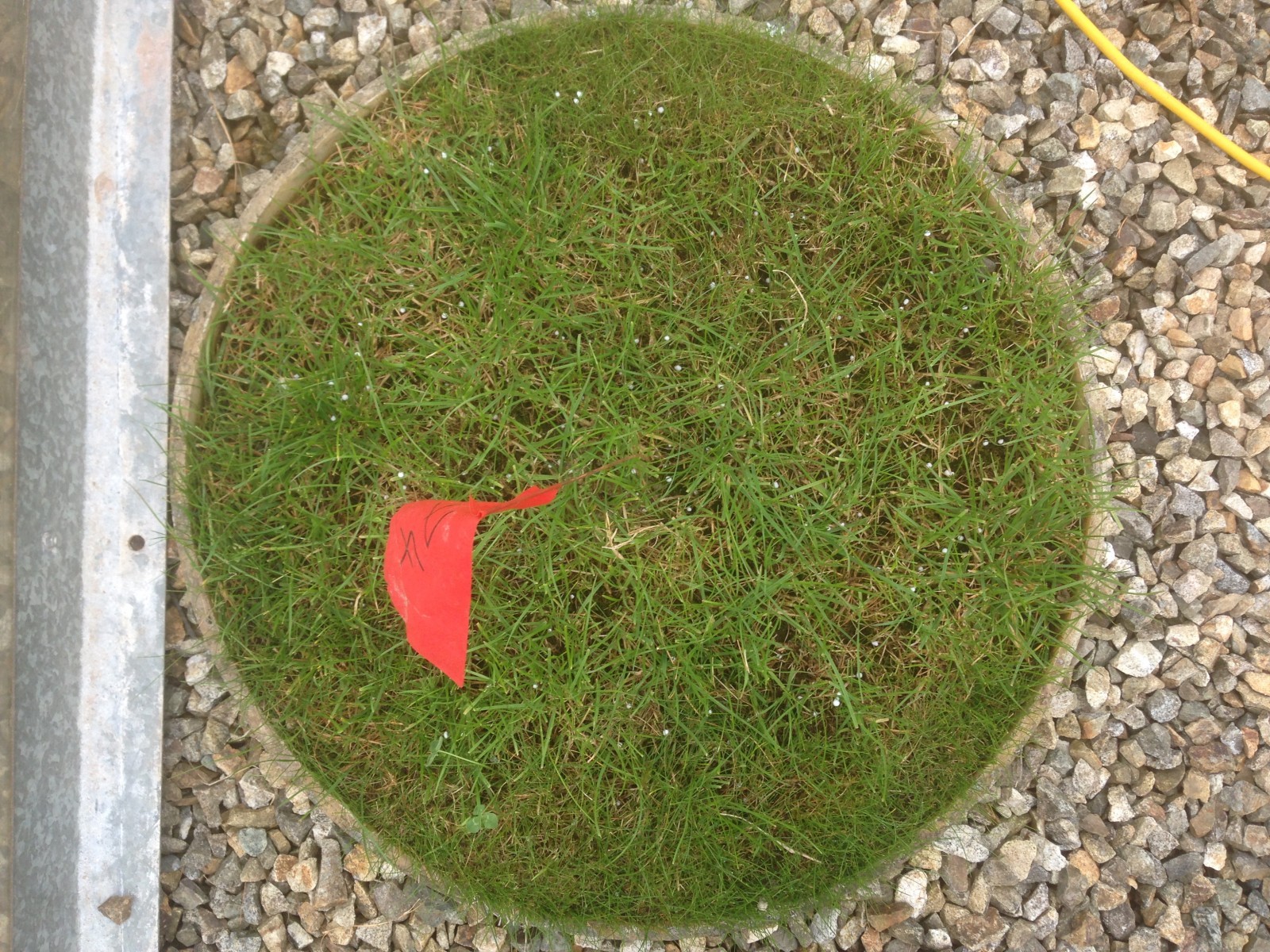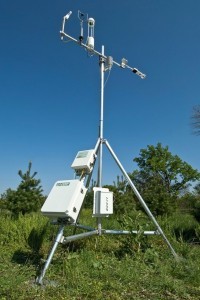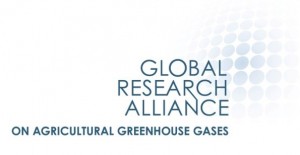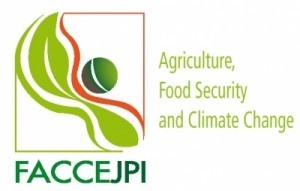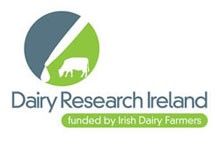LINKS
AGRI-I RESEARCH GROUPS
Teagasc Environment, Soils and Land-Use Department
AFBI Sustainable Agri-Food Sciences Division
Teagasc Animal & Bioscience Research Department
University of Limerick Department of Life Sciences
UCD School of Biology and Environmental Science
Teagasc Spatial and Environmental Analysis Group
Maynooth University Department of Geography
Teagasc Moorepark Sustainable Production Systems and System Analysis Sub-programme
Institute for Plant Ecology Justus Liebig University Giessen
RELATED PROJECTS
The National Carbon Observatory System (NASCO)– The National Carbon Observatory System will comprise of 10 Eddy Covariance Flux Towers on agricultural systems across a range of soil types. This will add depth and value to existing research projects including Teagasc SignPost farms and the Agricultural Catchments Programme. The National Carbon Observatory System will place also place Ireland at the forefront of EU carbon sequestration research through:
- Better quantification and modelling of soil carbon emissions and sinks from agricultural land.
- Enabling mitigation measures to increase carbon sequestration to be included in the national inventory,
- Allow for participation in the EU ICOS (Integrated Carbon Observation System) network
- Enabling Ireland to benefit from the 2018 EU Effort Sharing Regulation.
An Eddy Covariance Tower set up as part of the National Agricultural Soils Carbon Observatory.
Irish Soils Information System – This project has developed a national association soil map for Ireland at a scale of 1:250,000, together with an associated digital soil information system, providing both spatial and quantitative information on soil types and properties across the country. Both the map and the information system are made freely available to the public through this website.
SQUARE – The Soil Quality Assessment Research Project is mainly concerned with understanding threats to soil structure, such as compaction but it is also driven by an even greater focus on the positive benefits and opportunities for sustainable soil management. Together, with farmers, the aim is to develop field level tools to support sustainable soil management.
GLOBAL NETWORK – The Global Network for Enteric Methane Mitigation and Relevant Mitigation Literature is a four-year project funded through The Joint Programming Initiative on Agriculture, Food Security and Climate Change (FACCE-JPI). Its main objective is to accumulate and analyse ruminant GHG mitigation data. Teagasc is a member of this consortium.
RumenStability – This project, initiated by FACCE-JPI and funded through the Multi-Partner Call on Agricultural Greenhouse Gas Research, seeks to understand the development and control of stability in the rumen microbiome as a basis for new strategies to reduce methanogenesis. Both Teagasc and UCD are partners in this project along with researchers from across Europe and New Zealand.
NATIONAL & INTERNATIONAL RESEARCH FUNDERS AND INITIATIVES
Department of Agriculture, Food and the Marine Research Stimulus Fund – The RSF provides funding, on a competitive basis, to Irish research institutes for ‘public good’ agricultural production related research. The programme aims are to facilitate research that fills gaps in the mainstream programme, to support sustainable and competitive agricultural production practices and policies, and contribute to building and maintaining a knowledge economy and research capability in the agriculture sector. The AGRI-I consortium is funded by the RSF.
GRA – The Global Research Alliance on Agricultural Greenhouse Gases provides a framework for cooperation and investment in research activities that support the agricultural sector in meeting the growing demand for food while reducing greenhouse gas emissions intensity. It has over 40 member countries from all regions of the world.
FACCE-JPI – The Joint Programming Initiative on Agriculture, Food Security and Climate Change was established to encourage collaboration and alignment between national research programmes and foster innovation that will benefit societal needs. Composed of 21 European countries, the initiative is committed to building an integrated European Research Area addressing the interconnected challenges of sustainable agriculture, food security and the impacts of climate change.
Dairy Research Ireland – DRI is a body formed to administer the dairy research levy collected from dairy farmers in Ireland. Its purpose is to fund programmes that will provide farmers and industry with information that will improve efficiency, or increase returns, leading to improved profitability.
GHG EMISSIONS REPORTING
EPA National GHG Inventories – Historical GHG emission inventories and GHG emission projections for the Republic of Ireland
GHG Inventory for Northern Ireland – Historical GHG emission inventories and GHG emission projections
IPCC – Intergovernmental Panel on Climate Change
AFOLU – Agriculture, Forestry and Other Land Use sector in IPCC GHG Inventories
BIOGEOCHEMICAL MODELS
DNDC – The DeNitrification-DeComposition model is a computer simulation model for predicting crop yield, soil carbon sequestration, nitrogen leaching, and trace gas emissions in agro-ecosystems.
DayCent – This is the daily time-step version of the CENTURY biogeochemical model which simulates fluxes of C and N among the atmosphere, vegetation, and soil.
ECOSSE – This model to Estimate Carbon in Organic Soils – Sequestration and Emissions is a multi-pool dynamic model developed from concepts originally derived in the RothC and SUNDIAL models.


